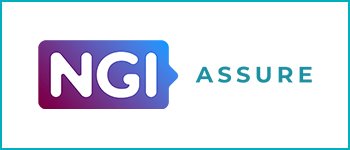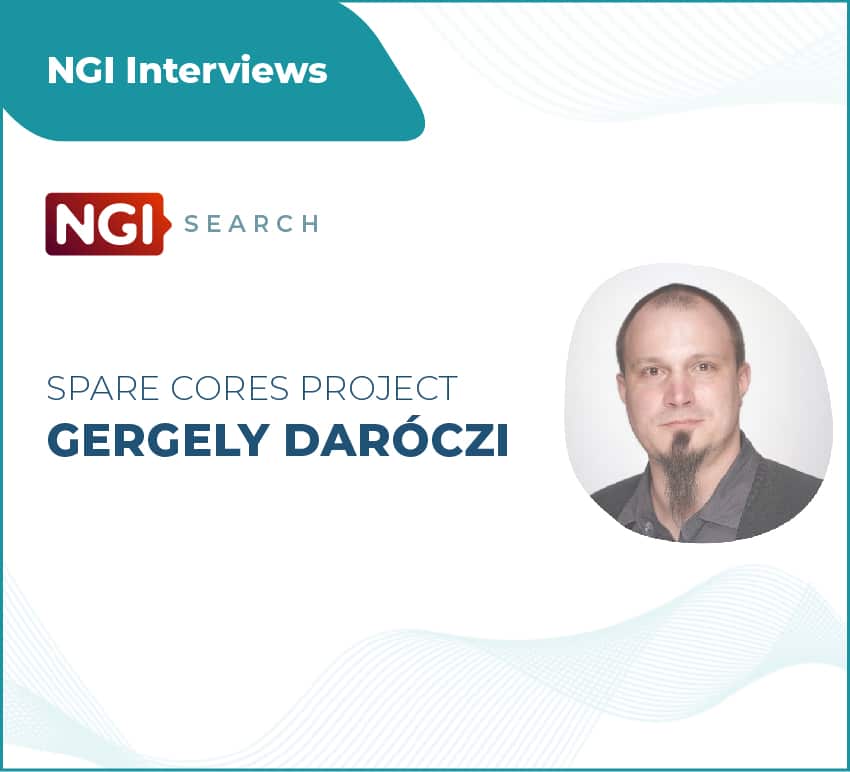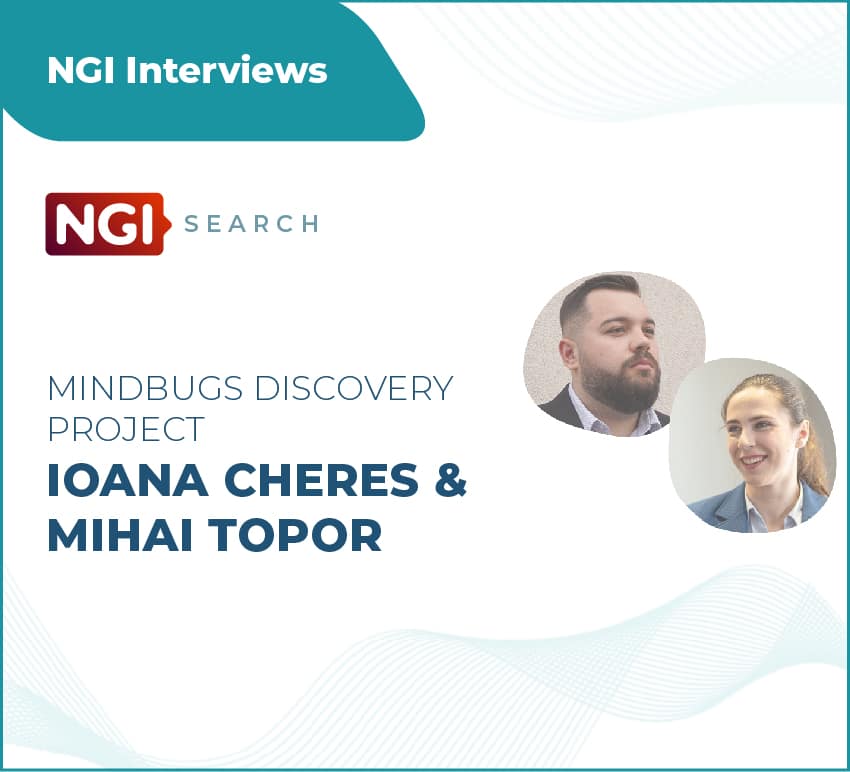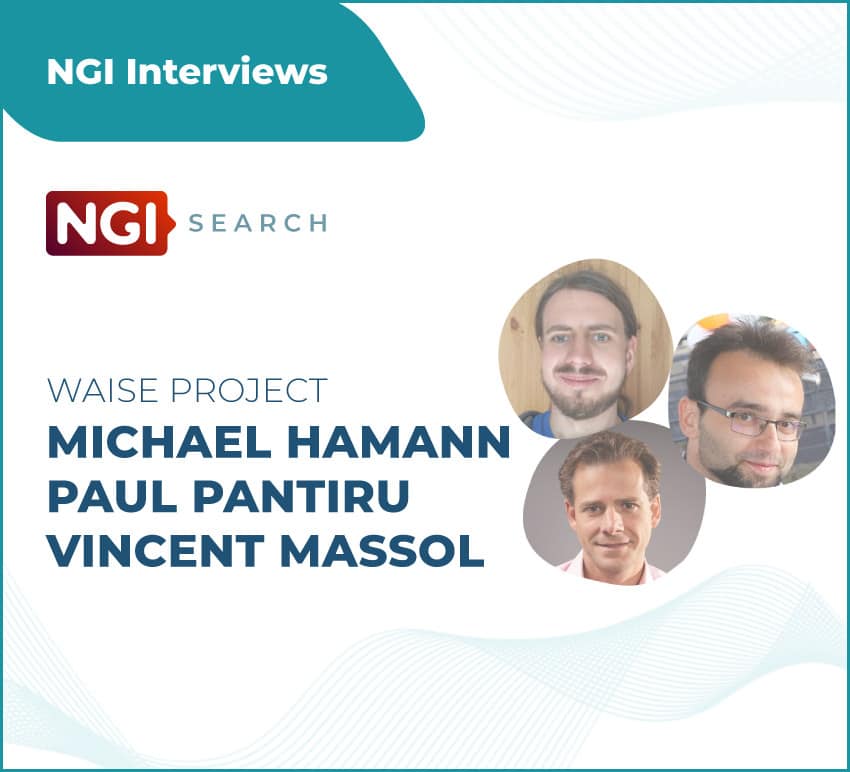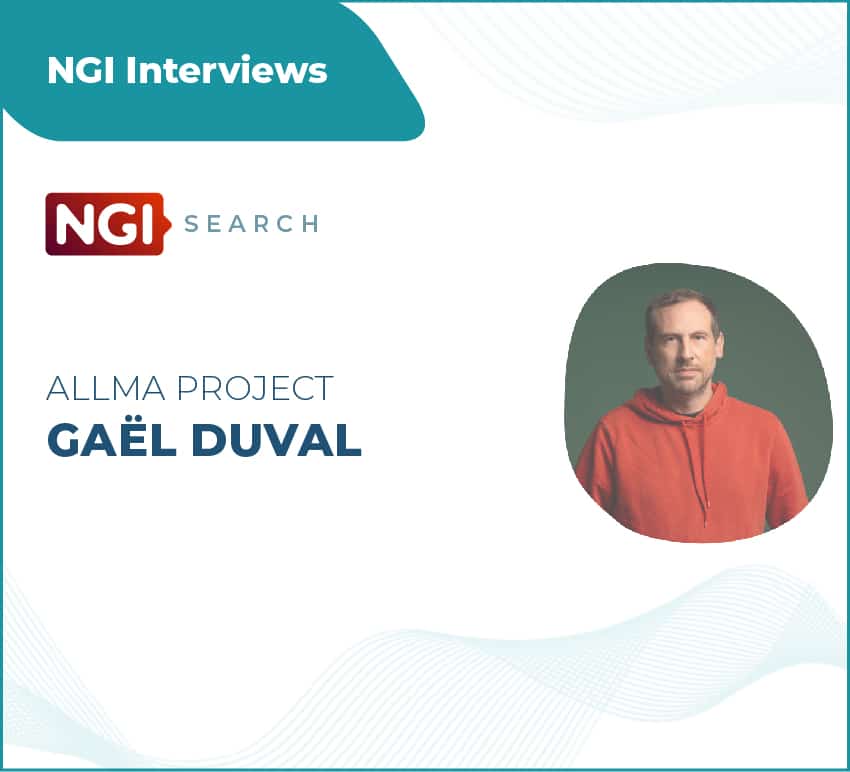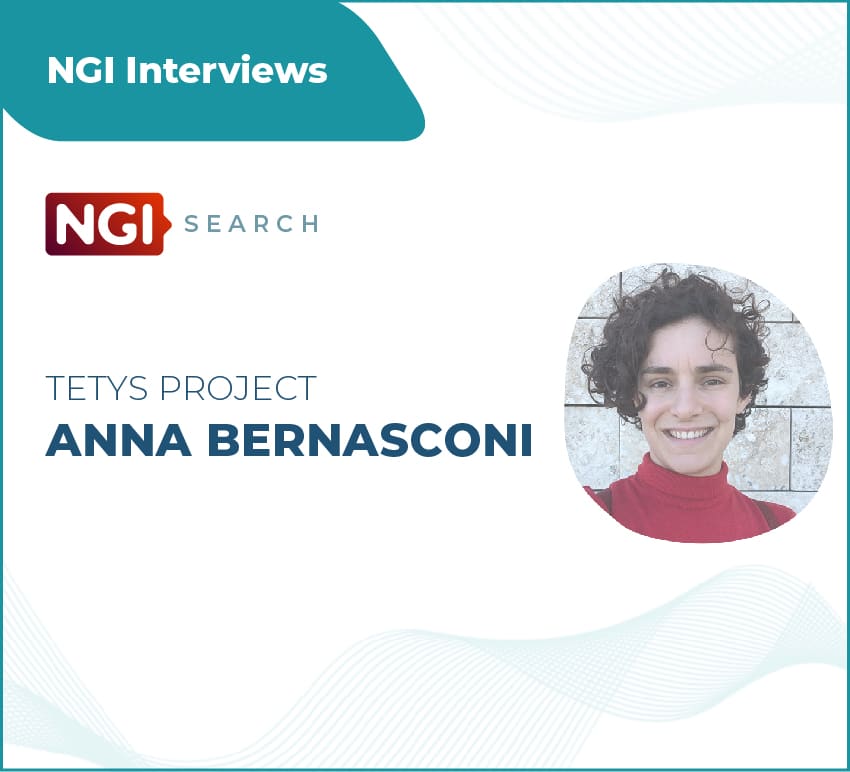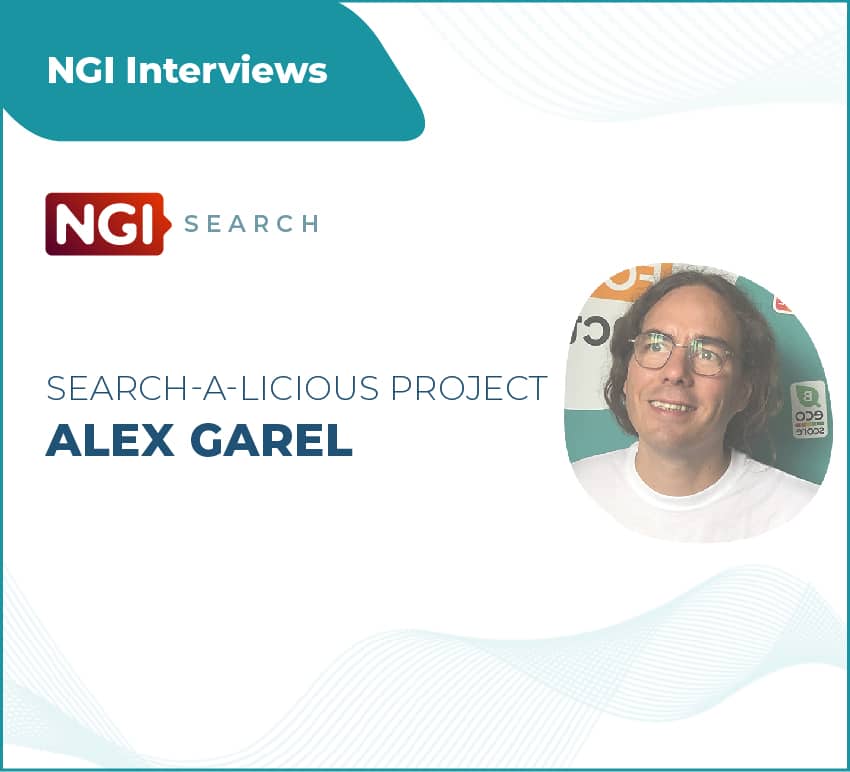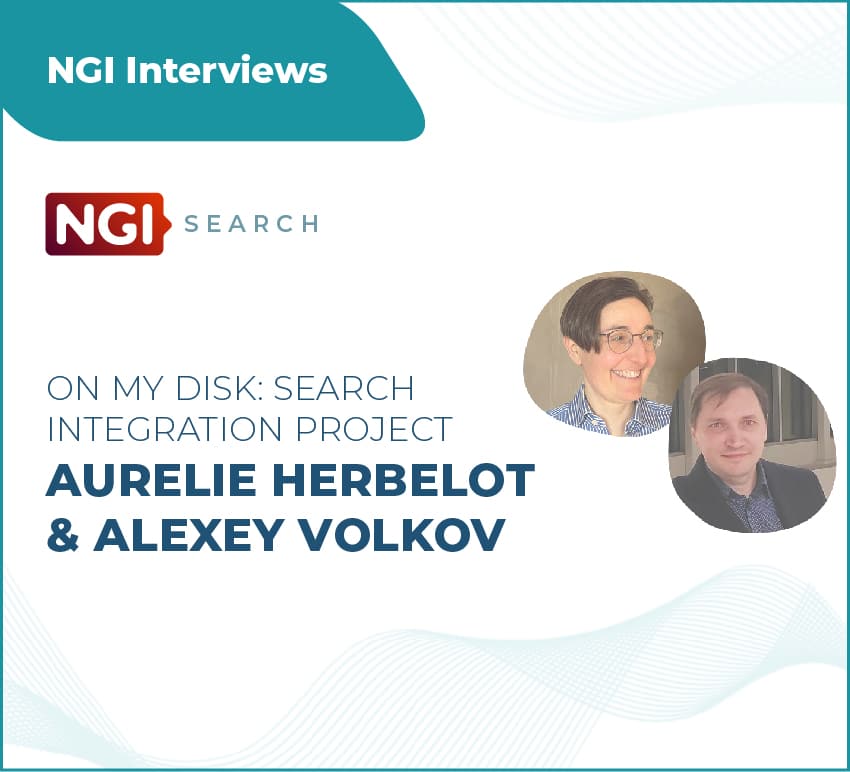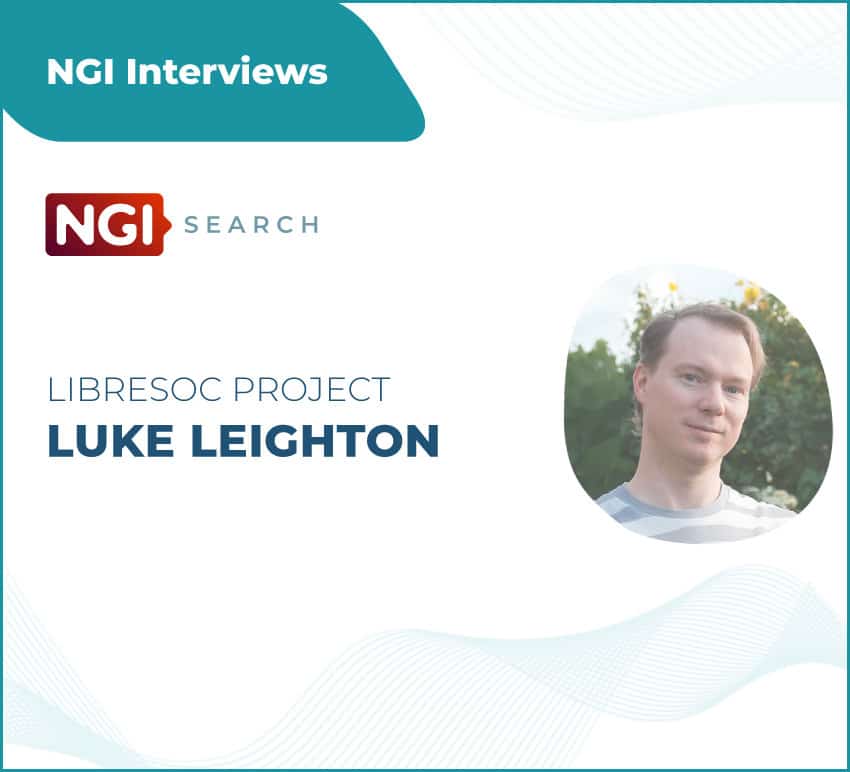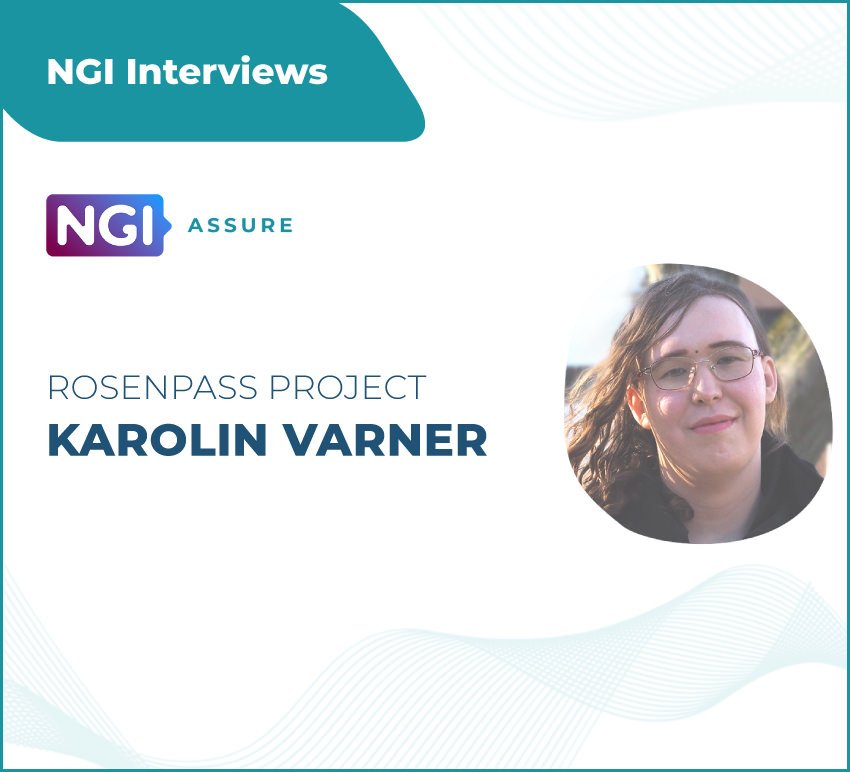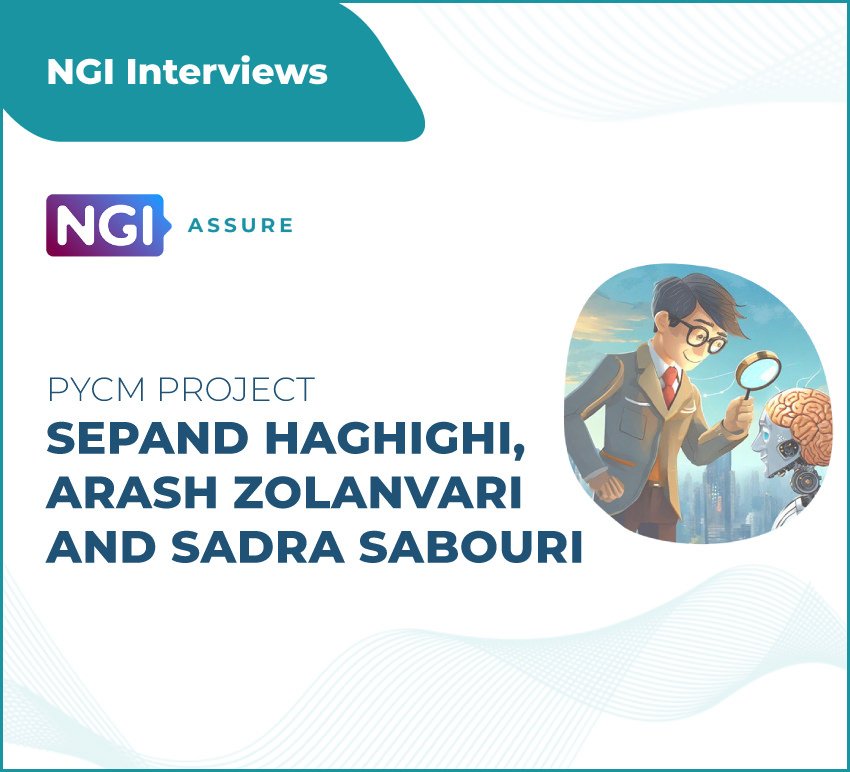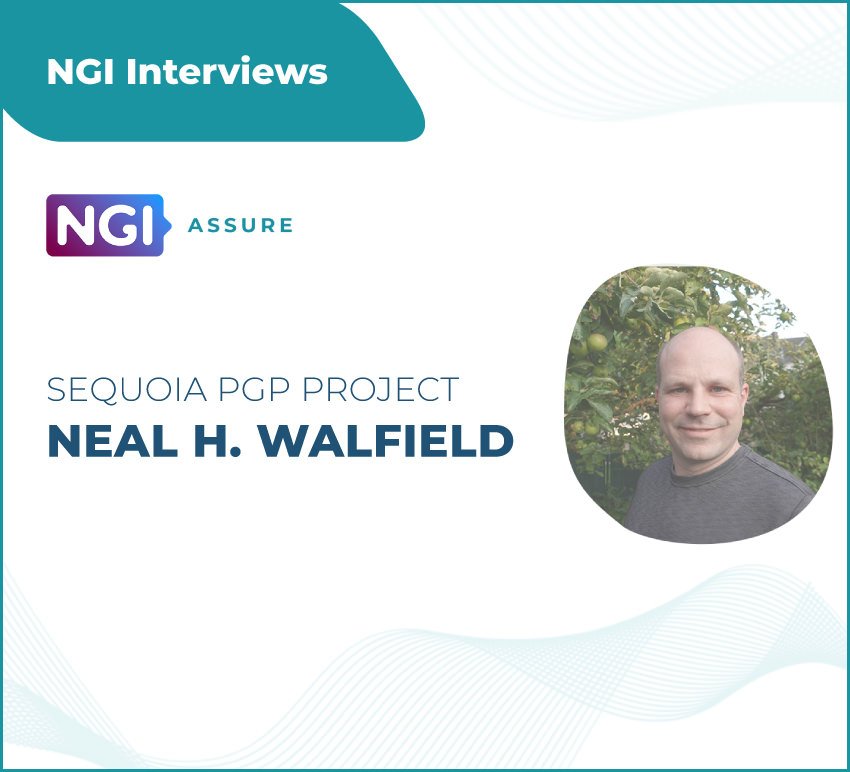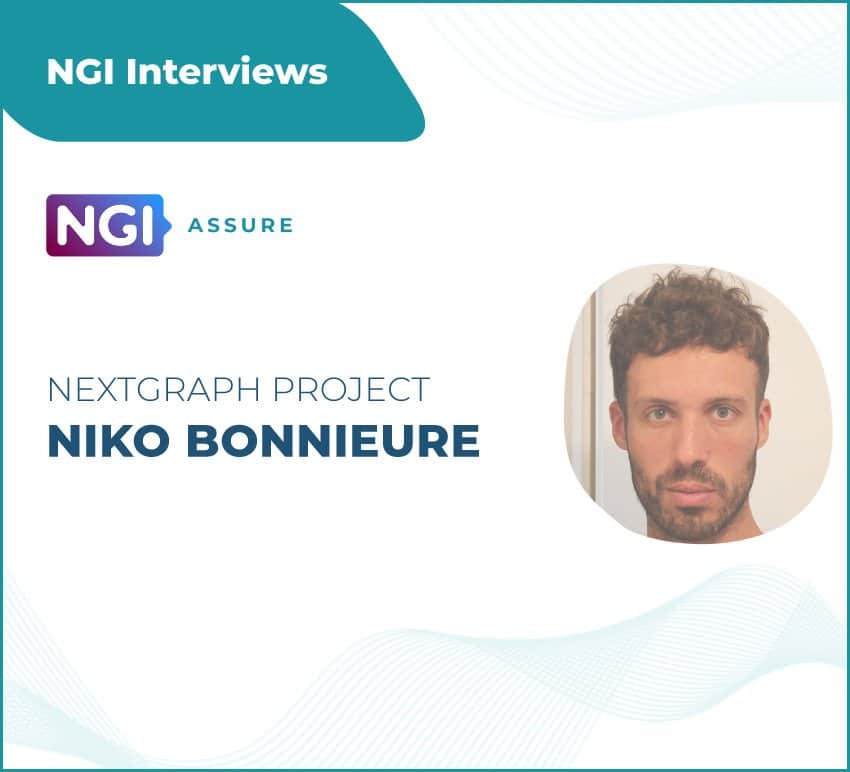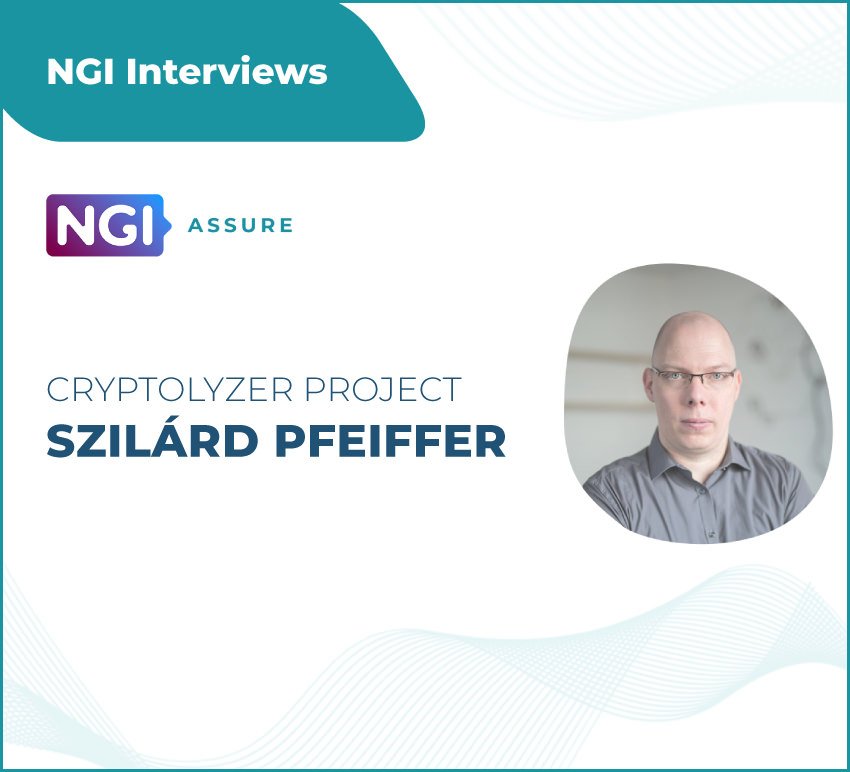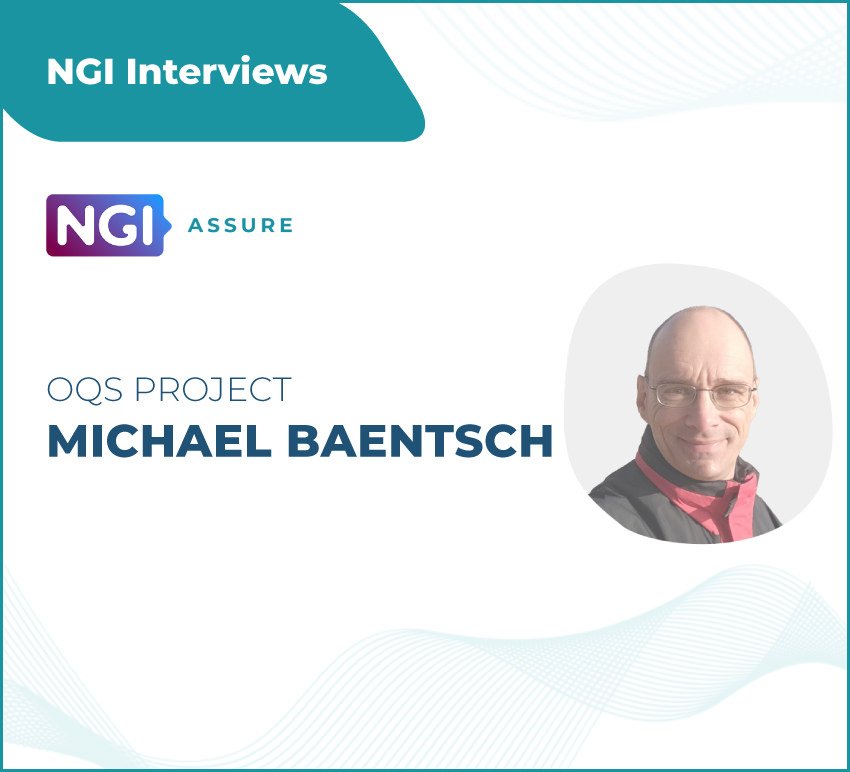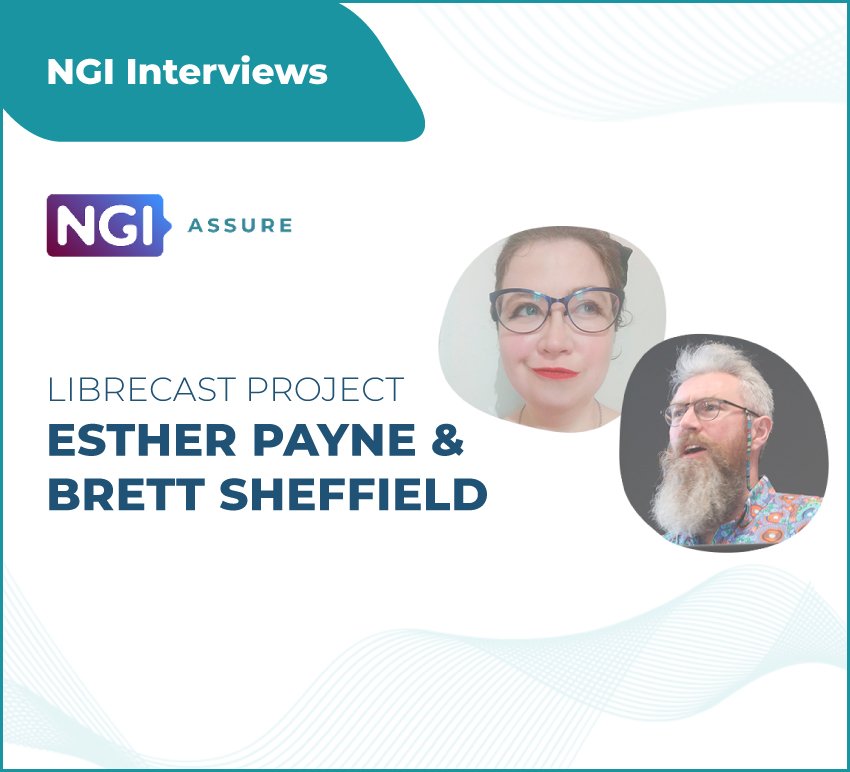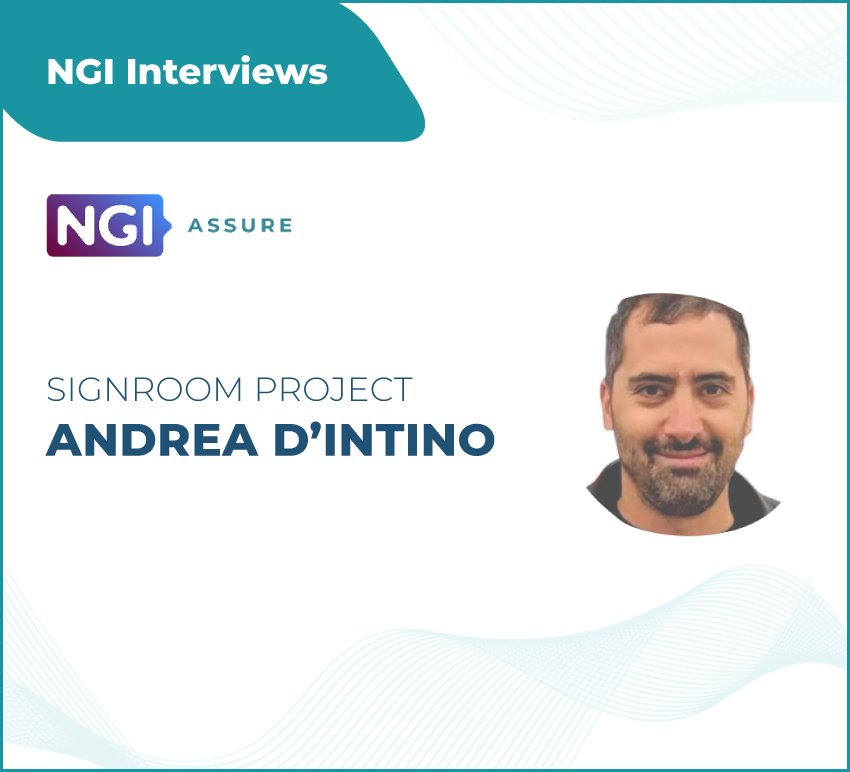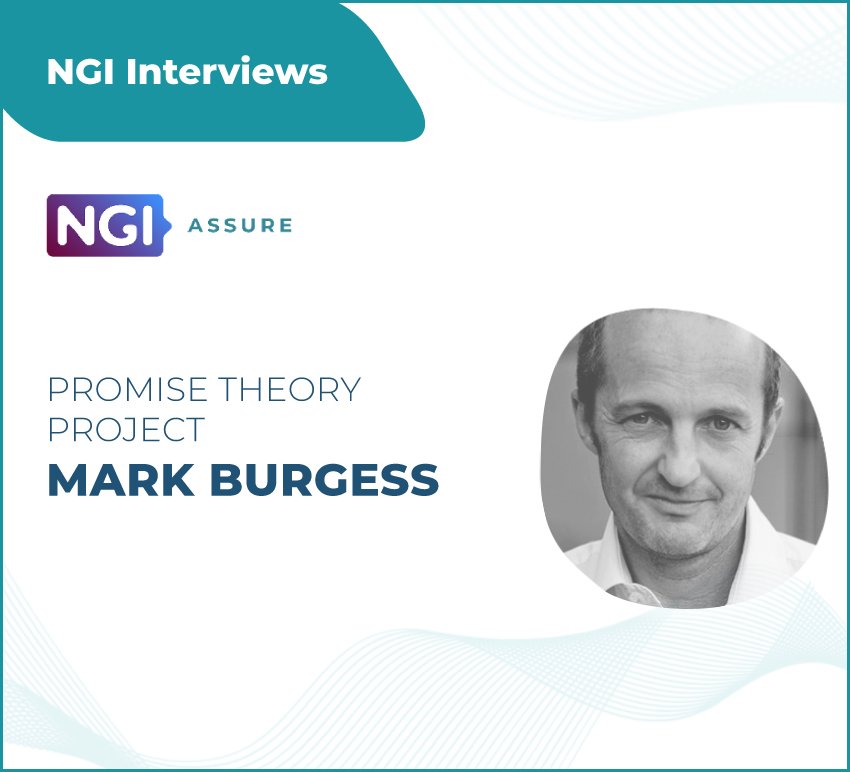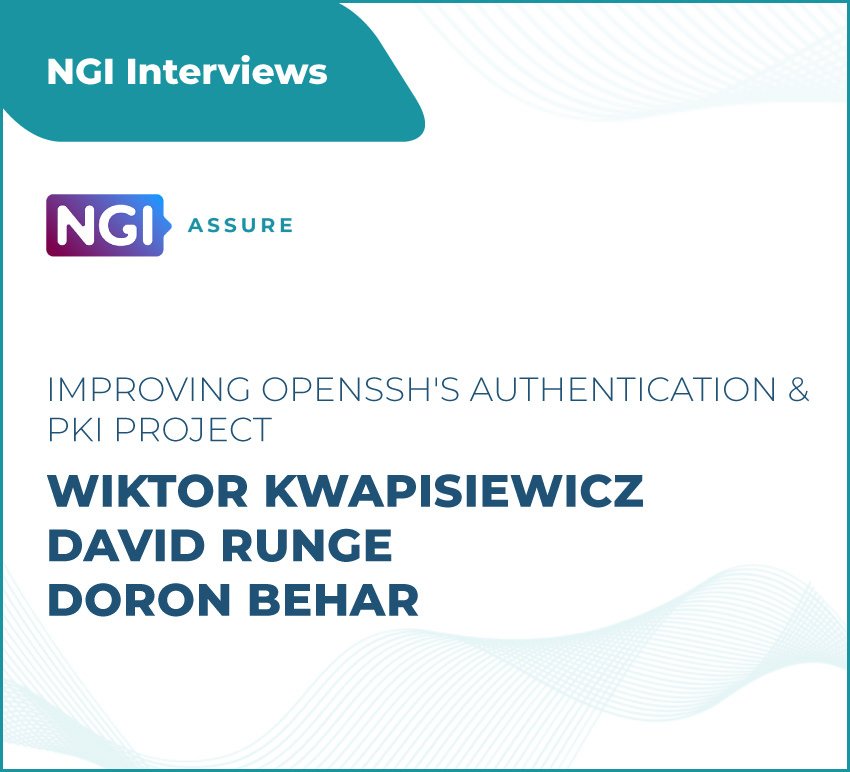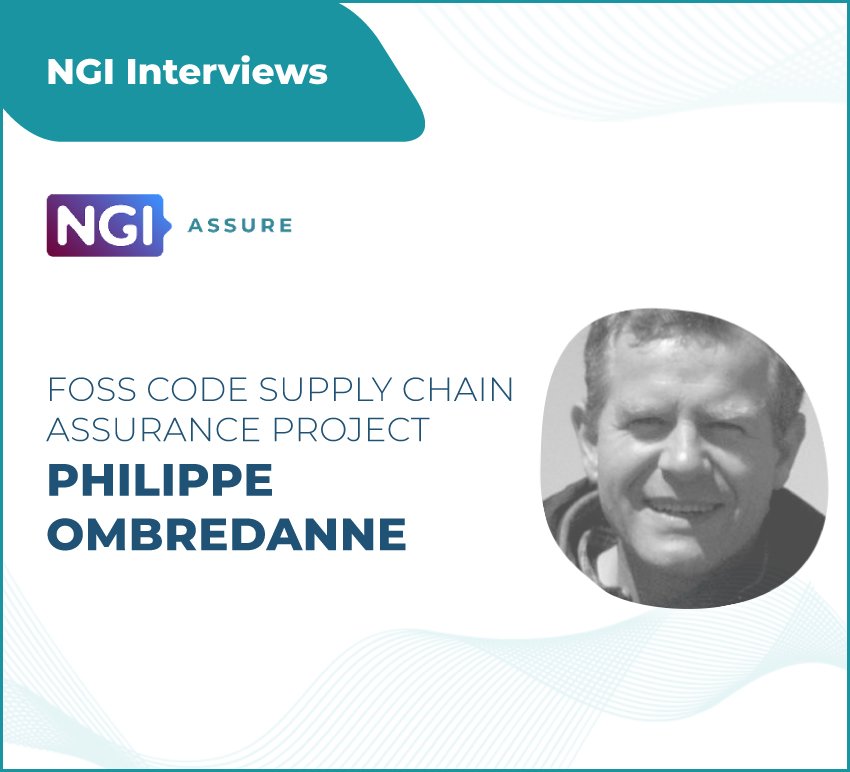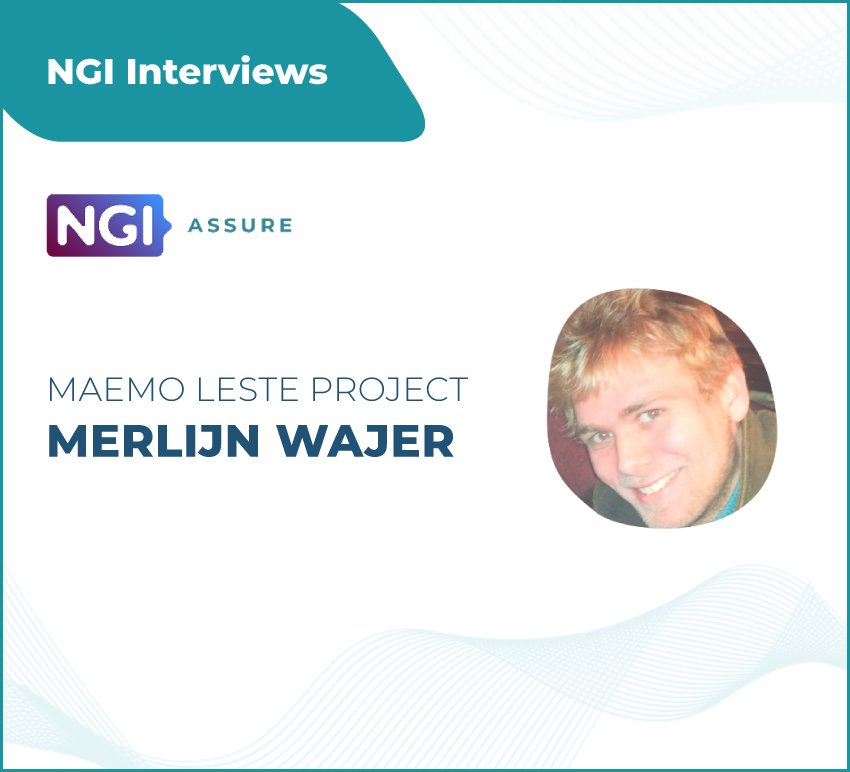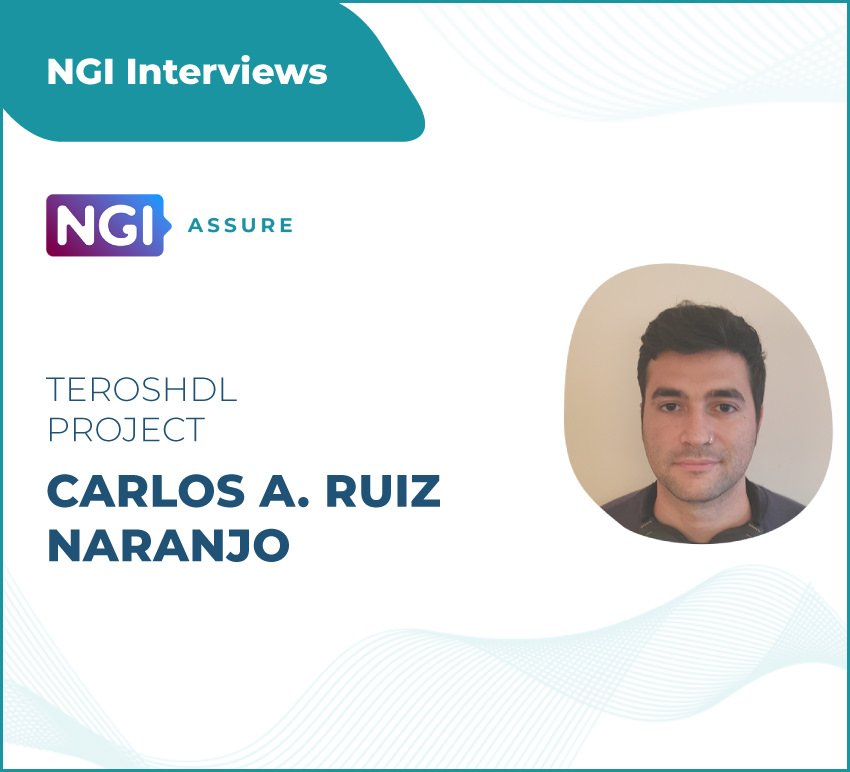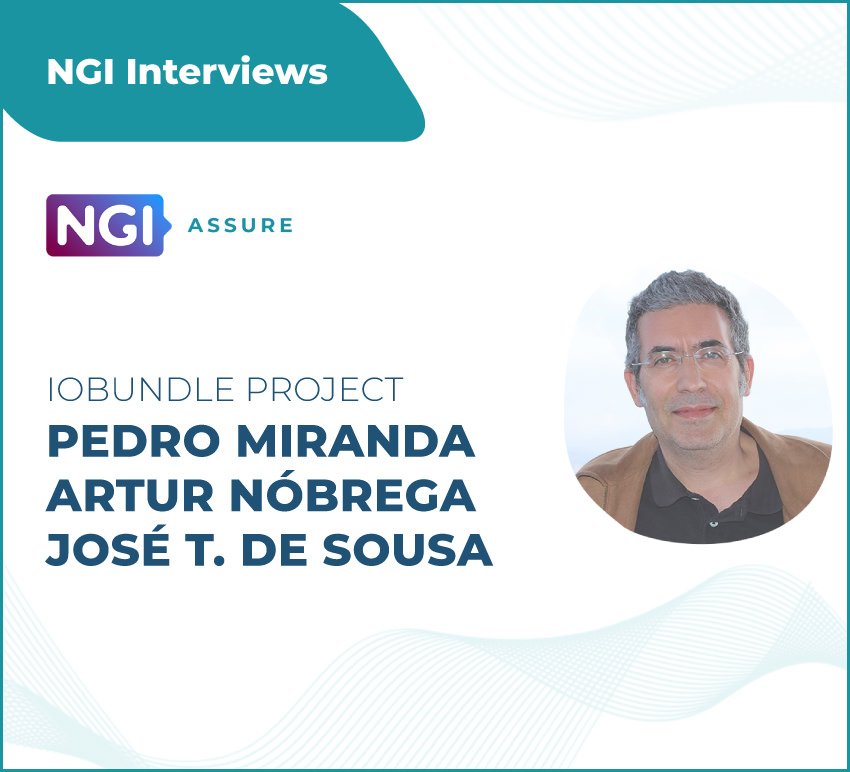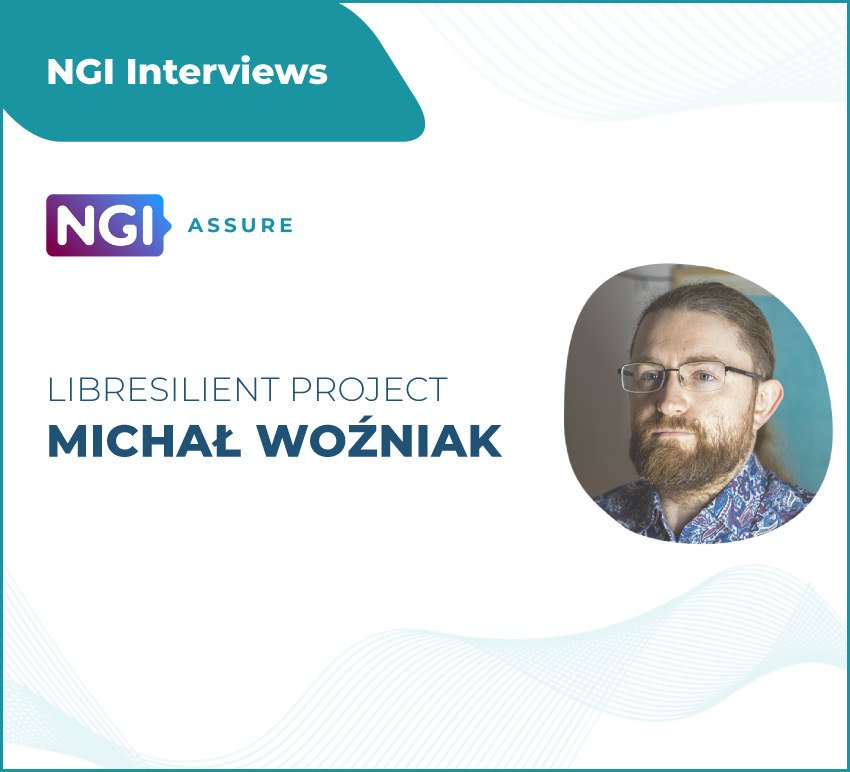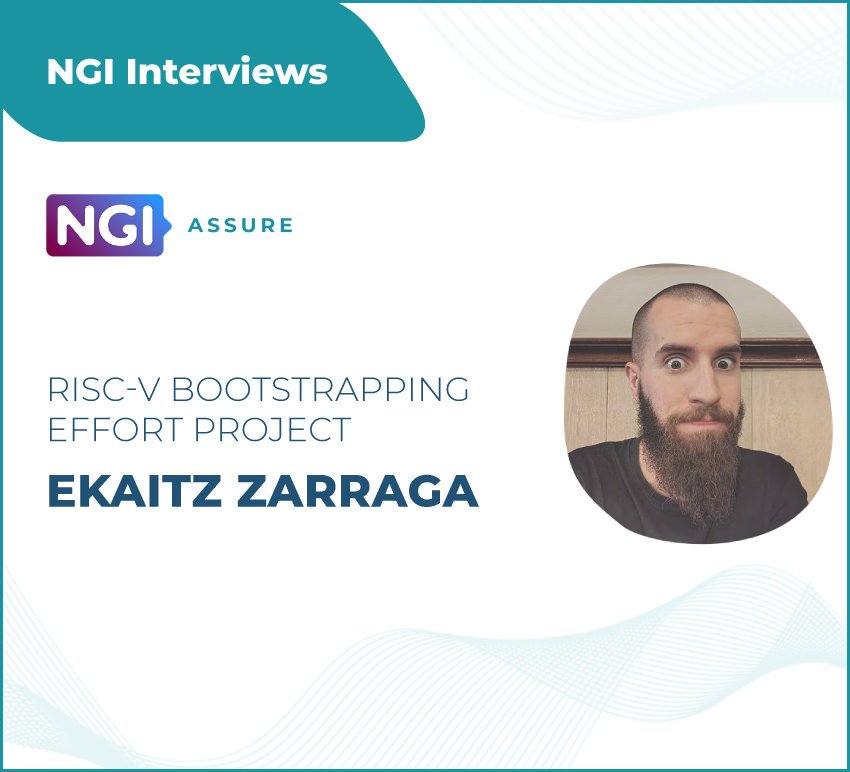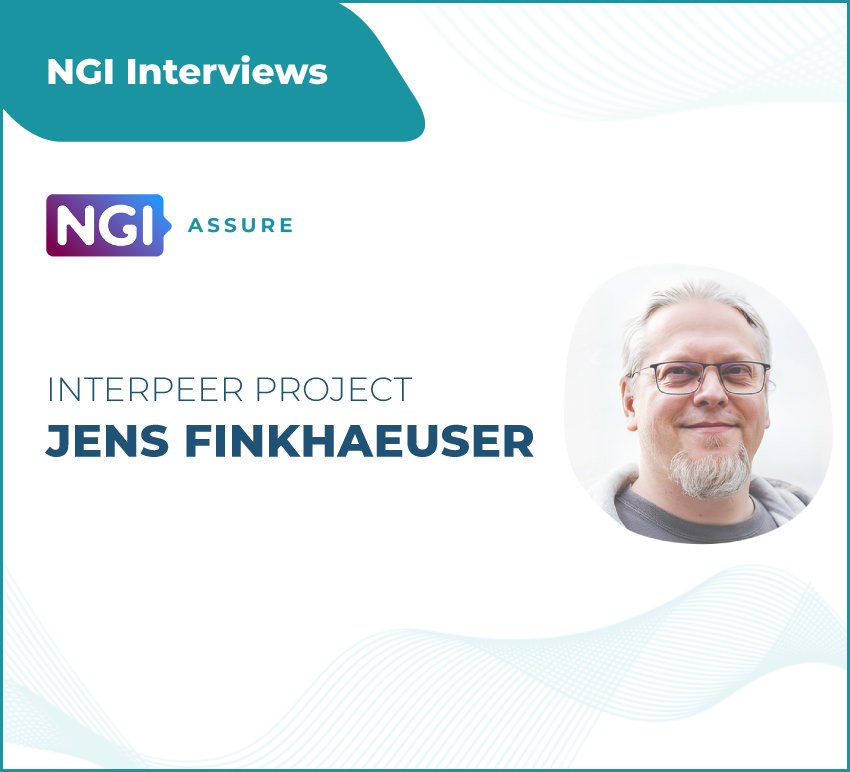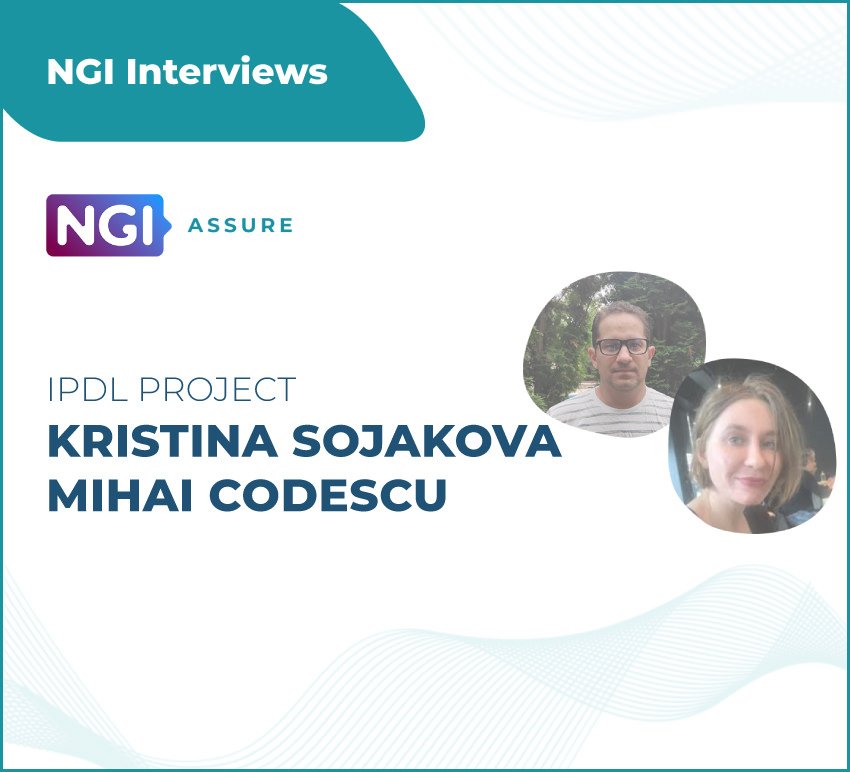
HYPER HYPER SPACE
👋Dear NGI-er
Are you curious about the future of data synchronisation and local-first software? Do you believe in the potential of open-source solutions to give people more control over their information infrastructure?
If yes, you’re in for a fascinating read with this new interview in which you will learn more about a computer scientist who transitioned from working with large internet companies to developing innovative open-source software on a farm near Buenos Aires: Hyper Hyper Space.
Discover how this project aims to replace centralised cloud services with decentralised solutions that run directly on your devices, ensuring effective and secure information sharing.
This interview is a must-read for anyone passionate about open-source technology, decentralised solutions, and innovative approaches to digital collaboration.
✨ Welcome to the world of Hyper Hyper Space! ✨
Can you introduce yourself and your project?
I am a computer scientist by training, and I’ve worked for large internet companies for many years. But I’ve kind of wandered off that path and moved with my family to a farm some 100 km west of Buenos Aires.
We’ve been here for a while now.
I work on an open-source software project called Hyper Hyper Space, and we work on data synchronisation. So, if I tell you we work on sync and try to be a cutting-edge technology project, you may think we’re working on hexabyte-scale databases spread over hundreds of large data centres. Like, say, Google or Amazon do.
But we’re looking at things from a different perspective.
We’re looking at the data needs of each small community instead:
📌 What are the storage needs of the apps you are using?
📌 Who do you need to share information with?
📌 How can that information be synchronised effectively and securely?
💫We’re trying to solve that problem using the storage and resources in your own devices: your phone, computer, etc. And maybe some help from online services, but services that people can self-operate if they want.💫
Of course, we’re trying to do this because we believe in open-source software and think that local software that seamlessly works over the Internet puts people back in control of their information infrastructure. In principle, we see no reason why apps like Slack/Discord, Google Docs, WhatsApp, etc. could not work like this.
What are the key issues you see with the state of the internet today?
I’d say the trust/control barriers are off. We often use platforms over which we need more control: there needs to be an effective oversight on how they work, which is usually very opaque. For example, WhatsApp’s end-to-end encryption or Google’s ranking algorithm. We just have to trust them. And there’s all the attention economy stuff built on top, which I find unsettling.
States are trying to enact legislation to fix this, but the best interests of the companies running the platforms don’t align very well with what the rest of society needs. One wonders if there is a simpler way that leverages new technological ideas.
How does your project contribute to correcting some of those issues?
So when we use cloud-based apps, they’re not running on our computer or phone, right? We have just a client application that uses some kind of API to communicate with a platform. This API is the trust barrier I was referring to above.
If, for example, I’m using Discord or Slack and I’m given admin rights in a given workspace, that will be done through a call to that API. Some bit will be flipped from 0 to 1 somewhere, and now the rest of the platform will behave as if I were an admin.
In the model we’re working on, everybody who’s on has a copy of the workspace on their device. And if I’m made an admin, that involves a digital signature and an append to a secure chain of changes that everybody will receive. And they’re not going to take it at face value: they’ll check the signature and the chain of events before accepting my new admin status.
Everything in the model we’re proposing works this way. Instead of trusting a cloud platform as a whole, you need to trust your software, which, in our case, is open-source and auditable by anyone. The data formats and sync protocols are open, so you can change to another software provider or revise an app if you think there’s a better way of doing things. (I’m using Discord / Slack as an example here; with our tech, we’re targeting collaborative applications in general.)
What do you like most about (working on) your project?
The online world can feel chaotic and somewhat out of our control. As these little tools we’re building slowly but steadily become more functional, friendlier, and reliable, I think they have a grounding effect on our online presence and interactions.
✨That feels a bit magical; it reminds me of when the Internet was new, and we were exploring how to use it.✨
On the technical side, I feel that replacing APIs or remote calls in general with this pattern of replicating the data, operating on it locally, and then replicating it back to everyone else is very intriguing. It requires new data formats, where the validity of each change can be determined by looking at the data and more complex sync protocols (BFT, etc.). But then, it’s so democratic. It enables so many more choices.
I hope we can make large portions of our Internet apps work this way.
Where will you take your project next?
We’re transitioning from an experimental project emphasising trying new things quickly and seeing what’s feasible to a production-ready and properly standardised technology. There’s momentum building up for these kind of apps.
A vibrant community is gathering around the idea of local-first software. So, our significant challenges now are making our approach easy for application developers and convincing all these emerging projects that it makes sense to use our libraries and protocols for their data sync layer.
It’s a great challenge, and we need help.
How did NGI Assure help you reach your goals for your project?
It has been instrumental. It has helped us connect with similar projects and world experts on our subject matter. They listened to us, gave us thoughtful and helpful advice, and encouraged us to push forward. And, of course, they provided early funding, which is the most difficult to get.
Do you have advice for people who are considering applying for NGI funding?
The application is very straightforward and can be done online. Usually, there are several open calls, so you should read about them before submitting your project. When they say they keep bureaucracy to a minimum, they mean it!
As a general rule, I’d recommend trying to be brief and explain what you want to achieve as directly as possible.
Do you have any recommendations to improve future NGI programmes or the wider NGI initiative?
Honestly, I can’t think of other initiatives that systematically support new technological ideas in the way NGI does. It’s very effective.
Perhaps, and I know this is on their radar, trying to help projects devise new business models would be a force multiplier for their work. But it takes a lot of work to tackle.


